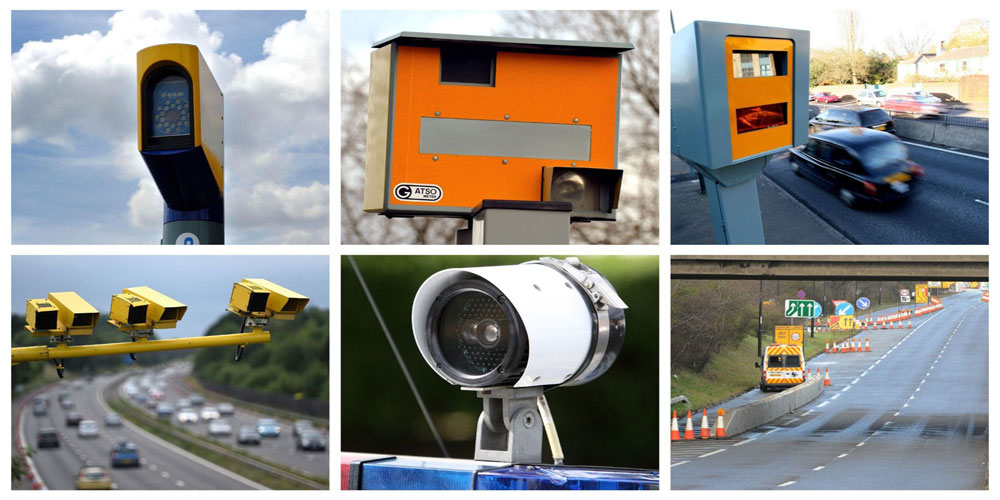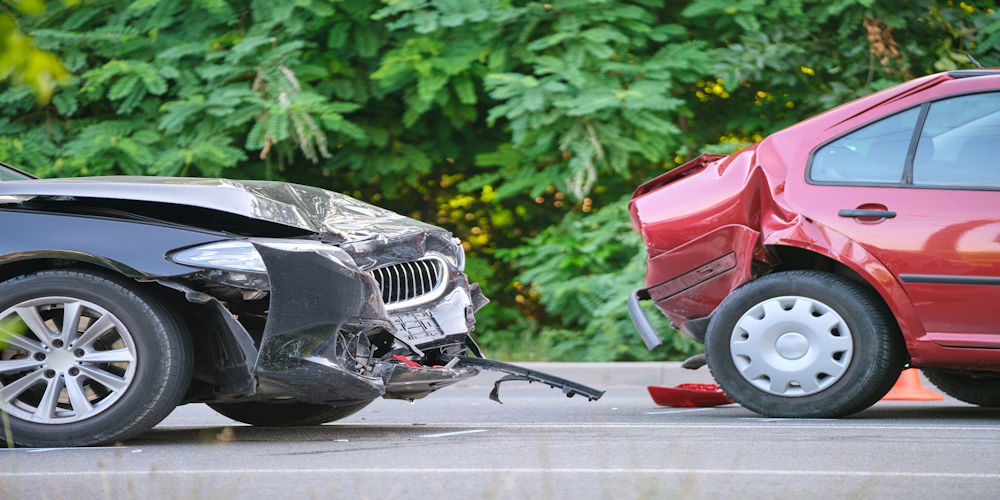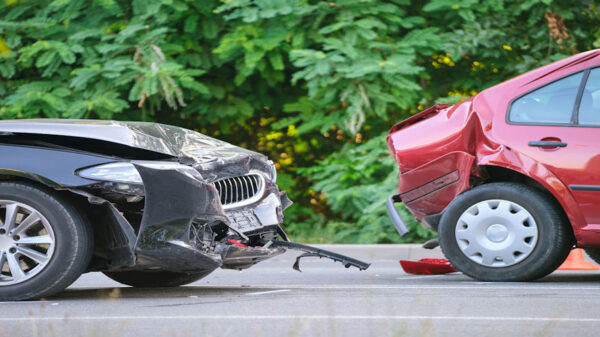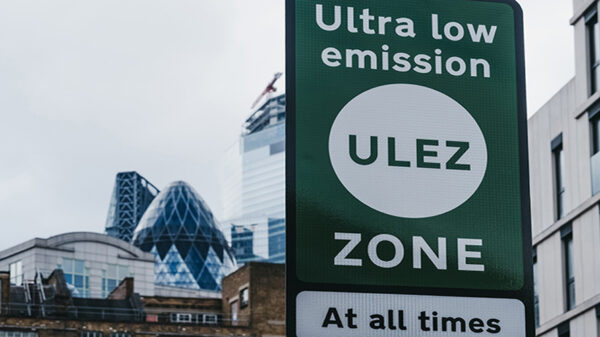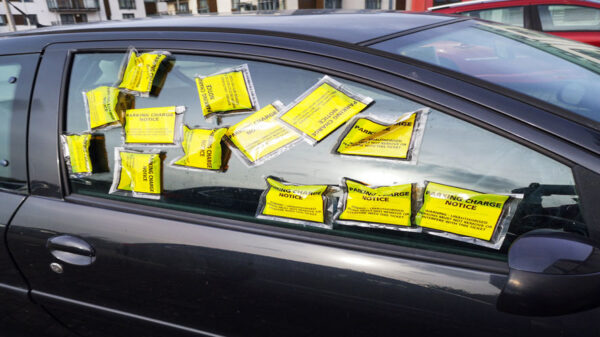Give us Speed Camera Cash to Catch Law Breaking Drivers say Police
Speeding-fine money should be handed to police so they can catch more law-breaking drivers, Rachel Reeves has been urged. Thirty-five chief constables, policing and local transport chiefs have written to ministers to urge the Chancellor to give them the £100m Treasury pockets annually from speed cameras.
Currently, revenue from speeding fines goes straight to the Treasury, and is used for general public services rather than being spent directly on new cameras and other road-safety measures.
Police and transport chiefs are demanding the money should be kept locally and ploughed back into road-safety measures, including expanding the number of speed cameras and creating new traffic-calming schemes.
Simon Foster, Labour’s West Midlands police and crime commissioner, said: “Offenders – not law-abiding drivers and taxpayers – should bear the cost of enforcement. This is about saving lives, preventing and tackling crime, careless, dangerous and reckless driving and building safer communities for everyone.
“The current system is broken and unsustainable. That is why the mayor and I, together with 33 other leaders across policing, government and road safety partnerships, are calling on the Government to allow local areas to use road safety-related fixed-penalty fine revenue, to be reinvested back into making our roads safer.”
The signatories say they are operating at a loss as they have to spend tens of millions of pounds maintaining speed cameras, a bill that has to be footed by local taxpayers.
Officials suggested the money would primarily be spent on maintaining and expanding average speed enforcement but also additional cameras to catch drivers jumping red lights, speed and traffic-calming measures and road-safety programmes in schools.
One of Britain’s biggest police forces, the West Midlands, has been proposed to pilot the new scheme. Research has shown average speed cameras in the region have cut collisions involving personal injury by 35.2 per cent, representing an estimated £15m socio-economic benefit.
It is estimated around £2m raised from road-related fixed-penalty fines leaves the West Midlands each year to go into Treasury coffers, while local speed enforcement schemes face deficits of around £2.2m a year.
A survey for West Midlands Combined Authority found 68 per cent of speed enforcement schemes across UK police forces run at a loss, preventing reinvestment back into speed cameras and wider road-safety work. It is estimated excessive speed plays a part in a third of all fatal crashes in the region.
More than nine million drivers have been caught speeding in the past three years, with speed cameras deployed to new 20mph zones across the country, particularly in London.
Sir Sadiq Khan, the Mayor of London, has also hit drivers by expanding the capital’s ultra-low emission zone with all fines going directly to Transport for London.
Earlier this year, Labour-run Lambeth council banked more than £1m in fines in six months from an unlawful low-traffic neighbourhood.
The plea has been signed by five chief constables, including Sussex’s Jo Shiner, who is the National Police Chiefs’ Council’s lead for roads policing, as well as Craig Guildford from the West Midlands; Rachel Bacon from Durham; Catherine Roper from Wiltshire; and Alexander Franklin-Smith from Warwickshire.
It has also been backed by mayors or their deputies covering some of the biggest police forces in Britain, including the West Midlands, West Yorkshire, the West of England, Greater Manchester and South Yorkshire.
They have proposed a four-point plan, including an urgent review of speed enforcement in the UK and the trial in the West Midlands to retain all road-related fines to reinvest in road safety.
They said the Government should adopt a “fair” system, consistent with the “polluter pays” principle in other industries, where “offenders, not law-abiding drivers and taxpayers, fund enforcement”. They also called for sustainable funding to expand proven, high-value road safety measures across the UK.
Research in 2023 suggested that a third of UK police, councils and transport authorities alone spent £28.7m over five years maintaining their then network of 3,328 fixed speed cameras and 807 average speed cameras.
Unofficial estimates suggest there are more than 8,000 speed cameras across the UK.
A Department for Transport spokesman said: “All speeding fines go into the Treasury’s consolidated fund to support public services, including healthcare, policing and transport, and we have no plans to change this system.”


